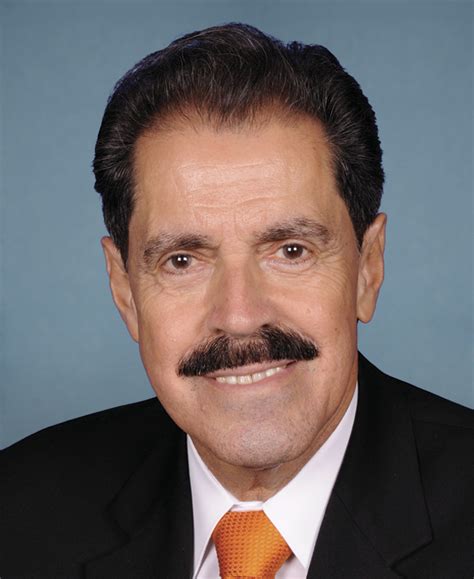A Quote by Melissa Gira Grant
It's a misnomer to say you can criminalize one part of the transaction and not criminalize the entire transaction. For example in Sweden, where the law was passed in 1999. Those laws didn't actually decriminalize people who sell sex; they introduced new criminal penalties for the people who buy sex. Nothing changed in the legal status for the sex workers themselves. It's impossible for them to operate a legal business. When you criminalize part of a transaction, you're creating collateral damage for all those engaged in it. You are now making them work in a criminalized context.
Quote Topics
Actually
Business
Buy
Changed
Collateral
Collateral Damage
Context
Creating
Damage
Engaged
Entire
Example
For Example
For The People
Impossible
Introduced
Law
Laws
Legal
Making
New
Nothing
Now
Operate
Part
Passed
Penalties
People
Say
Sell
Sex
Sex Work
Status
Sweden
Them
Themselves
Those
Transaction
Work
Workers
Related Quotes
The biggest difference in what's going on in New Zealand versus the rest of the world, aside from the decriminalization of sex work, is that sex workers were actually part of the decriminalization process. There was a provision in that legal change stating sex workers would be part of an evaluation committee, and in 2008, they were, they were a part of the committee determining whether or not decriminalization worked. They are continually regarded as stakeholders - in their communities, but also in the legal process. That's such a different way of operating.
Most of the time, people are not actually concerned with prostitution and sex work. They're concerned about seeing people who they think are prostitutes and sex workers in their community. Sometimes this just comes down to profiling, the feeling of "I don't want someone who looks like that in my neighborhood." We need communities and neighbors to regard sex workers as part of the community and fellow neighbors. But that's really difficult. There's certainly nothing supporting that.
I describe what is happening as 'food fascism' because this system can only survive through totalitarian control. With patents on seed, an illegitimate legal system is manipulated to create seed monopolies. Seed laws that require uniformity - which criminalize diversity and the use of open-pollinated seeds - are fascist in nature. Suing farmers after contaminating their crops, [...] is another aspect of this fascism. Pseudo-hygiene laws that criminalize local, artisanal food are food fascism. And attacks on scientists and the silencing of independent research [...] are examples of knowledge fascism.
It makes me so angry when people say, "We never hear from people who are happy doing sex work." Well, that's because they're working. The activism privileges people who hated doing sex work, are no longer doing it, and have a job at a social service organization, for example, that trains them on how to speak to the media. We are hearing from those people quite a bit.
We're missing a lot of the real-life stories of what people's work looks like. Those are the people that I want sitting on the zoning board meetings, on the zoning commissions. Those are the people I want participating in business improvement in their own industry. The gentrification processes that often happen in cities so often manifest in street sweeps of sex workers. How do you get sex workers on neighborhood associations, regarded as members of the neighborhood?
In your thirties, you're much more comfortable with sex. First of all, sex is something you've done more. You know you can have sex just to have sex; you can have sex with friends; you can have sex with people you love; you can have sex with people you don't like, but the sex is good. And you can joke about sex much more.
Sex workers are the last women police stand in to protect. Sex workers are the last people that room is made for in many ways. You get a different kind of feminism if you put people at the margins at the center. It's a recently resonant lesson, but black feminists have been saying this for decades. Now when I talk to people engaged in sex workers' rights advocacy and people who identify as intersectional feminists, this is the air they breathe. We can't just make feminism about improving the lives of all women. Because there is no such thing as all women and universal female experience.
I respect people who come forward and speak, but I'm not asking most of the sex workers I interview now about their work. I'm asking them about their lives in general or their political organizing. I take pains source things pointing back to intellectual work that sex workers have produced, because that's really absent.
I've moved away from writing about and describing actual experiences of sex work, whether mine or anybody else's, because the culture is obsessed with the behavior of sex workers. They want to figure out why they do what they do and who they are. What I'm trying to do is to shift the focus onto the producers of the anti-sex work discourse: the cops, the feminists, the anti-prostitution people. Those are the people whose behavior needs to change.
























